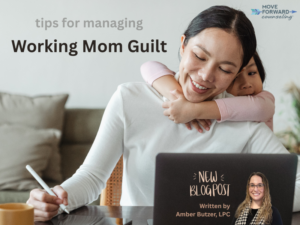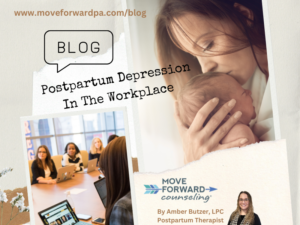When you love a person, you want to be able to help them. When that person has depression, it can be hard to know exactly what to do or say that will make things better. It can leave you feeling discouraged and helpless.
But, it doesn’t have to be that way. Educating yourself on what depression is and how it manifests itself, and learning ways to show support can help.
Educate Yourself
Depression is an internal battle. It is a disease that can come and go. There are times when it is in full gear and other times when symptoms aren’t as profound. People who are depressed have good days and bad days like everyone else. Those who struggle with depression need love and support from those around them, even if they deny it or try to turn down help. They need people with knowledge and understanding who can give them grace during bad times, cheer them on, and help them locate the resources they need to be healthy.
People who are depressed often have angry outbursts, moments of withdrawal, days when they want to stay in bed all day, bouts of crying, and unexplained sadness. If you aren’t aware of these symptoms then you might get angry, take things personally, or feel hurt.
Just Be There

Simply being present, sitting with them, giving hugs, consoling them, checking on them, even when they don’t show much interest, can make a big impact. Saying things like “we will get through this together” lets them know they aren’t alone.
Encourage them to seek treatment. Often those struggling with depression get so down on themselves that they don’t have the energy or motivation to get help. They might not even know why they are feeling this way or notice changes in their behavior. As a friend, parent, partner, you can be a voice of reason. You can encourage them, maybe even schedule and take them to the first visit. Tell them what you have noticed and explain how you want them to feel better.
Be Their Cheerleader
Cheer them on, tell them when you are proud of them. Positive reinforcement can go a long way. People who are depressed often feel the worst about themselves. Everything they do is wrong, everything is bad, they feel worthless. Noticing small improvements and acknowledging them can go a long way, “I think it is great you got up to workout this morning,” “I am proud of you for making that appointment,” etc.

If this loved one lives with you, it is important to create a supportive home environment. Depression is no one’s fault. It is not yours or your loved ones. No one chooses to be depressed. Create a healing household. Make plans to exercise together, keep each other accountable as best as possible. Choose a healthy diet plan. Limit access to alcohol or drugs, which just compound depressive symptoms. Help to establish healthy routines and limit overall stress within your home.
Help your loved one to set small, attainable goals. Depression is overwhelming and overcoming symptoms can feel like a mountain to climb. Instead of looking at the big picture, focus on the day-to-day. Maybe it is taking a walk a few nights a week after work, going to bed by a certain time each day, making and keeping an appointment, or even getting out of bed and doing one thing — like making a meal, taking a shower, or walking to the mailbox. Small steps in the right direction.
Know Warning Signs
Make sure you are aware of suicide warning signs. It can be hard to think about suicide as a possibility but it can be a very real result of depression. You must acknowledge the risk and keep your eyes peeled for signs. Talk to your loved one about how they feel, is this something they think about? Take notice of them making plans, talking about death, giving things away, or finding a sudden calm, etc.
More about suicide can be found here: https://afsp.org/about-suicide/risk-factors-and-warning-signs/
Don’t Forget About You
Before you can be supportive of someone struggling with depression, you must recognize the need for self-care. Make sure you take time to breathe, relax, decompress, and do the things you love. Supporting someone who is depressed can take a toll on you, as a partner, a parent, and a friend. Take the time to recognize your needs and have your own support system.
You can’t be expected to carry all the burden but you can show those you love that you are there for them. Seeking help from a licensed mental health professional can be helpful for both you and your loved one. Don’t hesitate to reach out for help. You don’t have to do this alone.
Counseling for Depression in Pennsylvania
At Move Forward Counseling, our therapists are here to support you as the caregiver or your loved one through their depression. We offer in person counseling at our Lancaster, PA counseling office as well as online therapy services if you live anywhere in Pennsylvania.





























